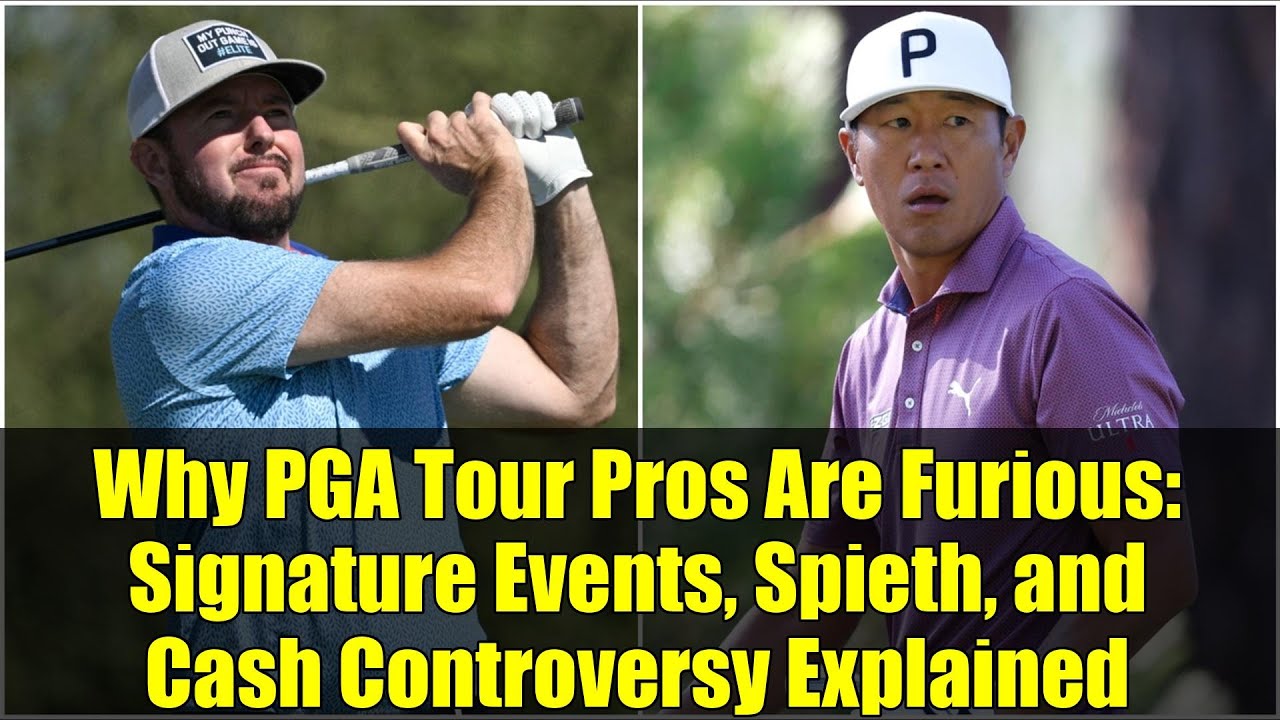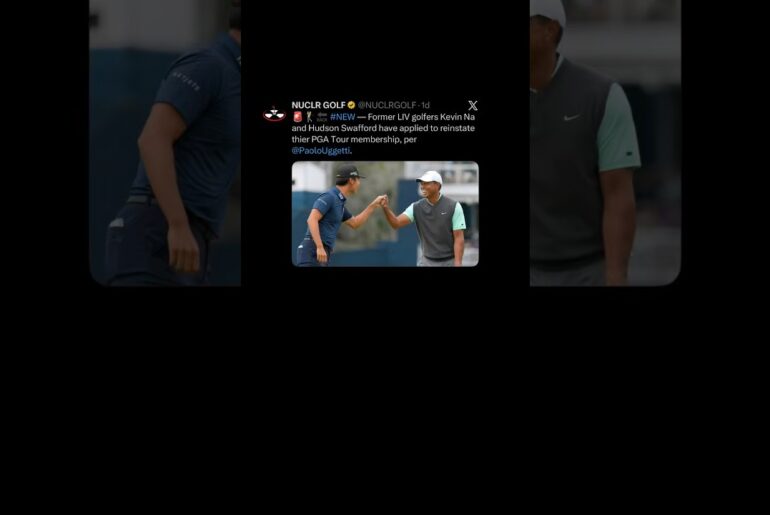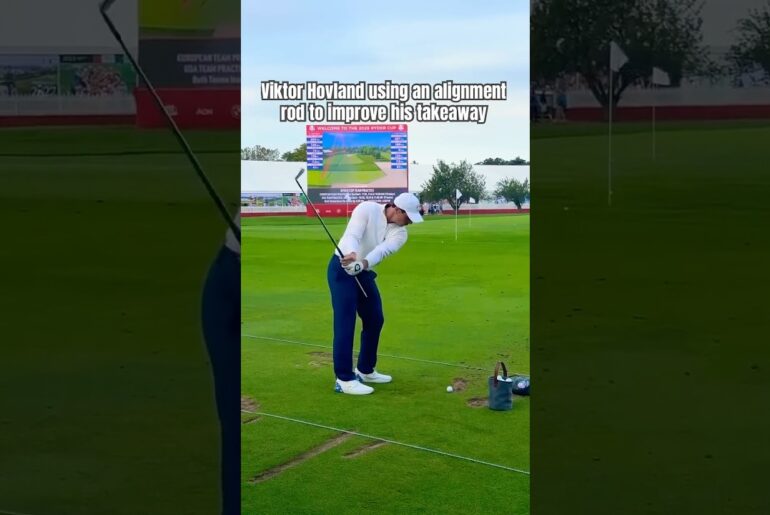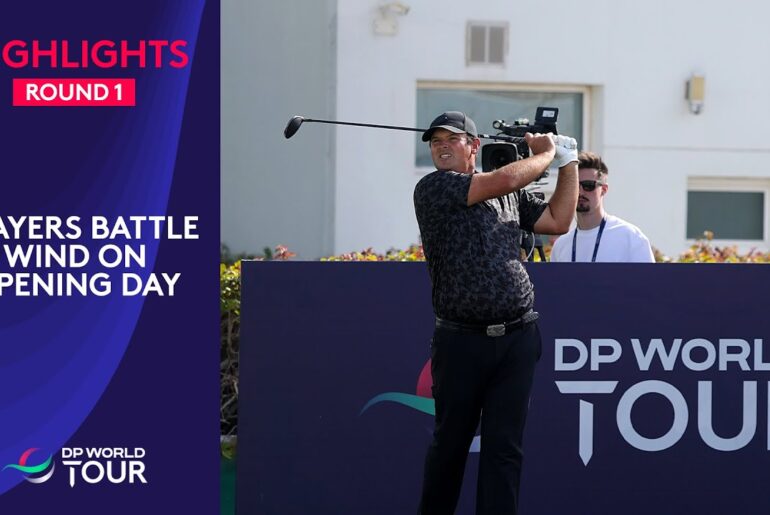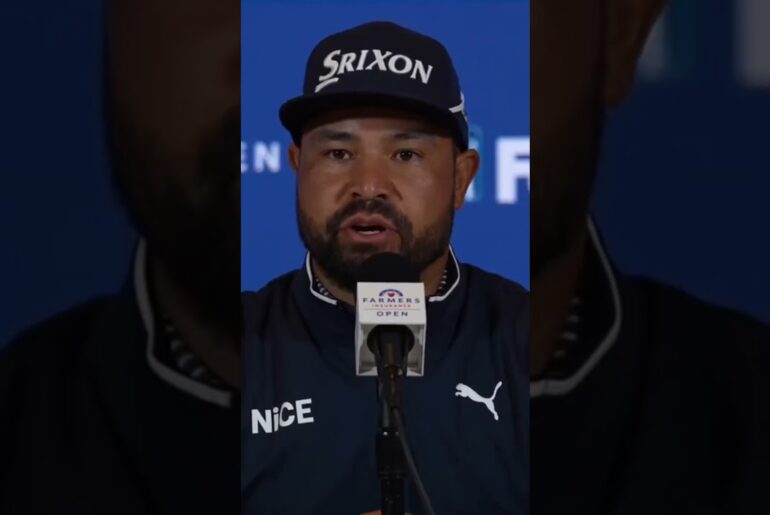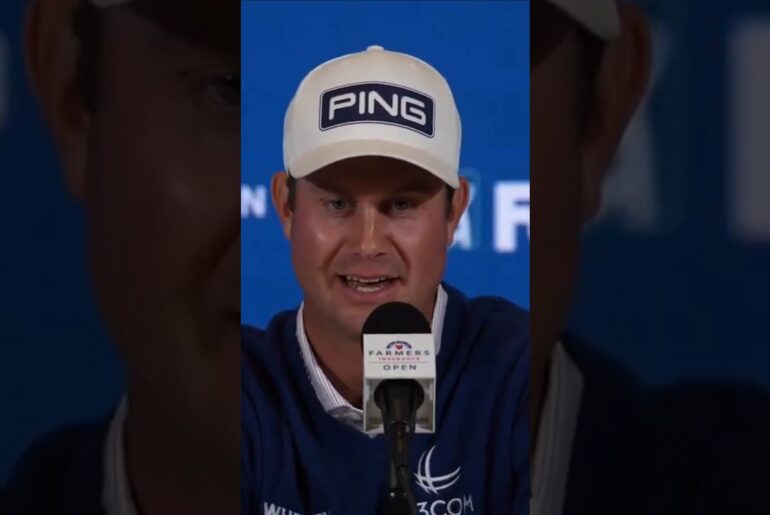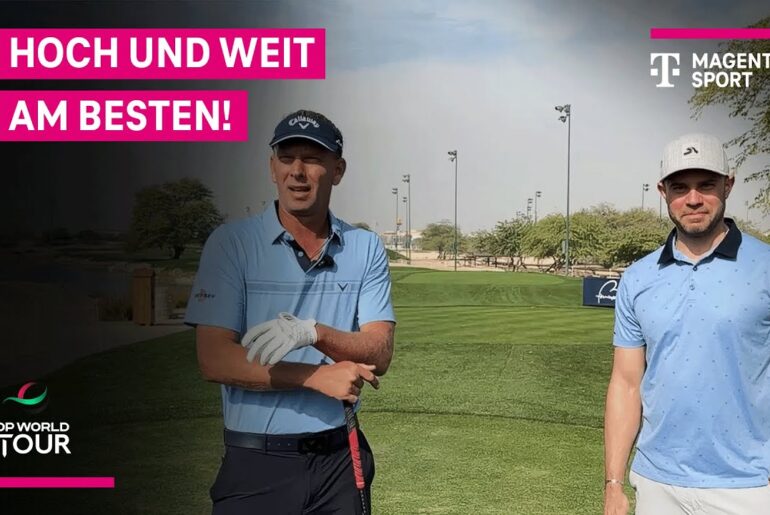Explore the controversy surrounding the 2026 PGA Tour schedule, including the addition of a ninth Signature Event at Trump National Doral and growing tension among players.
In this video, we break down:
– What Signature Events are and why they’re so lucrative for top golfers
– Why players like James Hahn and Robert Garrigus are calling out the Tour and its leadership
– The impact of sponsor invites, with Jordan Spieth and Rickie Fowler at the center of debate
– How the new schedule might hurt lower-ranked golfers and change the FedEx Cup race
– Why some are saying the Player Impact Program (PIP) was a ‘joke’
If you want the latest on PGA Tour drama, player reactions, and the business behind pro golf, this is a must-watch. Stay updated on all things golf with expert analysis and factual insights.
#PGATour #SignatureEvents #GolfDrama #JordanSpieth #LIVGolf #GolfNews
The debate over the PGA Tour’s evolving structure has reached a boiling point, and at the center of it all is the controversial addition of yet another signature event for the 2026 season. For many players, this decision feels like one step too far in an already contentious transformation of professional golf’s landscape. But here’s where it gets interesting. Tensions aren’t just about logistics. They’re about fairness, opportunity, and what the future holds for both superstar athletes and the everyday pros grinding on tour. Let’s start with the facts. The newly unveiled 2026 PGA Tour schedule features not eight, but nine signature events. These tournaments are designed to rival LIIV Golf’s appeal by offering eyepopping $20 million prize pools and a smaller field size, just 70 competitors per event, often with no halfway cut. While they sound glamorous, these events come with strings attached that don’t sit well with everyone. Elite players love them because they provide lucrative opportunities, but for mid-tier or lower ranked members, they represent shrinking chances to compete at the highest level. Veteran golfer James Han didn’t mince words when he reacted to the news, particularly regarding the newest signature event slated for Trump National Durale in Miami. An extra signature event without a title sponsor at a course owned by the president. This is a joke, right? He told Golf Week. His frustration echoed through social media and locker rooms alike. Standing nearby during practice, Robert Garagus chimed in. “What is happening to our tour?” Garagus took things a step further, humorously challenging Jordan Speath, a player known for receiving multiple sponsor exemptions, to a highstakes wager. “Tell Spath, I’ll play him for any amount he wants,” Garagus quipped. If I win, I get his five invites to the signature events. It was a light-hearted jab, sure, but it underscored a deeper issue. Top tier players like Spath and Ricky Fowler can rely on sponsor exemptions, even if their performance dips, while others must fight tooth and nail for entry into these prestigious fields. Speaking of Fowler, his recent trajectory highlights why some find this system problematic. Despite finishing outside the top 50 in the FedEx Cup standings last year, Fowler secured invitations to six out of eight signature events. He made good use of those chances, ultimately qualifying for the Open and climbing back into the top 50. However, his success came at the expense of other deserving players whose rankings were higher but who missed out due to limited spots. Is it fair? That’s up for debate and you can bet opinions will vary wildly. And then there’s the player impact program, PIP, which became another flash point in discussions about how the PGA Tour allocates resources. Introduced as a way to reward players, boosting the tour’s visibility, the PIP doled out millions to bigname stars regardless of competitive results. Critics argue it felt more like a KR move than a meaningful investment in the sport’s long-term health. Han pulled no punches in his critique. How do you bring something up that affects our tour in a bad way and call out the BS without sounding like you’re complaining? Every time I say something like that, whoever wants to run their mouth says play better. It has nothing to do with playing better. I’m talking about our business being sustainable, he continued, voicing skepticism over the program’s value. We’re talking about giving away $20 plus million dollars in 3 years for what? For nothing. The pip was the biggest joke. Ouch. Those are strong words from someone who cares deeply about the integrity and sustainability of professional golf. While Han and Garagus may be nearing the twilight of their careers, their concerns resonate beyond their immediate circle. Many rank and file PGA Tour players share similar frustrations, highlighting the widening gap between leadership decisions and the realities faced by the majority of competitors. Repairing this trust won’t be easy for PGA Tour CEO Brian Rolap, especially since the current schedule supposedly reflects input from the player advisory council. So, where does this leave us? With so much money flowing toward elite players and exclusive events, is the PGA Tour prioritizing spectacle over substance, or does this strategy ensure its survival against rival leagues like LIIV Golf? What role should sponsor exemptions play in determining access to these marquee competitions? And most importantly, how can the tour balance rewarding excellence with maintaining inclusivity? These questions aren’t rhetorical. They demand answers. Whether you agree or disagree with Han and Garagus, one thing is clear. The conversation isn’t ending anytime soon. So, let’s hear your thoughts. Are signature events a necessary evolution, or are they widening the divide within professional golf? Share your perspective in the comments below.

